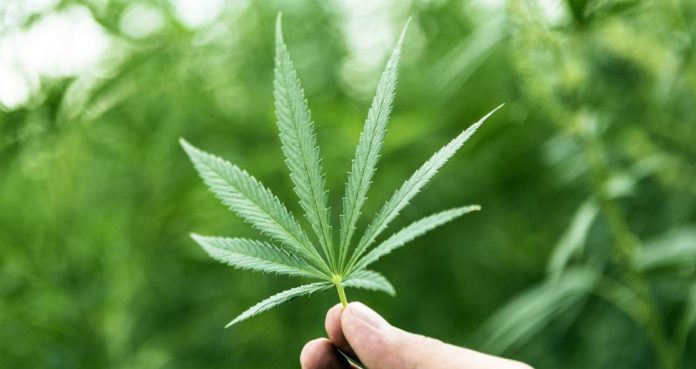A new study at Washington University in St. Louis conducted by researchers showed that antenatal exposure to marijuana may lead to a slight increase in the risk of psychosis.
The study’s lead author Jeremy Fine, who is an undergraduate at Washington University said, “Our research shows that prenatal marijuana exposure after maternal knowledge of pregnancy is associated with a small increase in psychosis proneness during middle childhood or about age 10.”
A fast increase in the use of cannabis during pregnancy is found as per the several national studies, including the JAMA Psychiatry journal. According to a 2018 study, there is a dramatic increase in the use of cannabis in pregnant women during the third trimester in the United States by nearly 75 percent between 2002 and 2016.
Cannabis is considered a natural remedy for nausea during pregnancy, as most states legalize medicinal use of cannabis.
However, this latest study focuses on its health effects in pregnant women because very little facts are known about it so far.
The findings also raise new concerns posing a greater risk associated with the fetal brain developing a receptor system for endocannabinoids, which are part of the naturally occurring neurotransmitter network, affecting the brain.
Senior author Dr. Ryan Bogdan, an associate professor of psychological & brain sciences, said, “One possible explanation for the finding of increased psychosis risk for marijuana use following, but not before, knowledge of pregnancy is that the endocannabinoid receptor system may not be in place during the early weeks of pregnancy.”
“Prenatal cannabis exposure may be associated with later psychosis proneness in offspring only when there is sufficient fetal endocannabinoid type 1 receptor expression, which may not occur until after many mothers learn they are pregnant.”
He added, “This study raises the intriguing possibility there may be developmental windows during which cannabis exposure may be more likely to increase psychosis risk.”
The principal psychoactive component of cannabis, Tetrahydrocannabinol (THC), simulates our body’s endocannabinoids and attaches to endocannabinoid receptors to use its effects. Until now, multiple studies have found that THC crosses the placental barrier to reach the fetus under development.
Fine said, “Data from rodent studies suggest that the endocannabinoid type 1 receptor, through which the psychoactive effects of THC largely arise, is not expressed until the equivalent of 5-6 weeks of human gestation. Given that mothers in our study on average learned of their pregnancy at 7.7 weeks, it is plausible that any impact of THC on psychosis risk would not arise until sufficient endocannabinoid type 1 receptors are expressed.”
After analyzing the data and measuring the pregnancies from 2005 to 2008, using a questionnaire directed to the children aging from 8.9 to 11 years, the risk of psychosis was found to be high in children born from those pregnancies.
Study co-author Allison Moreau, who is a graduate student in psychology at Washington University said, “Our research is correlational and as such cannot draw causal conclusions.”
The author added, “However, that the relationship between prenatal marijuana exposure following maternal knowledge of pregnancy was associated with offspring psychosis proneness after accounting for potentially confounding variables — such as maternal education, prenatal vitamin usage, prenatal alcohol and nicotine use, child substance use, and so on — increases the plausibility that prenatal cannabis exposure may contribute to a small risk of increased psychosis liability in children.”
The research states that pregnant women should rethink before considering marijuana use at the time of pregnancy.
Dr. Bogdan added, “Given increasing cannabis accessibility and potency, as well as growing public perceptions that it’s safe to use, it is critical for additional research to understand the potential adverse consequences and benefits of cannabis throughout development and how these associations may arise.” “In the meantime, evidence that prenatal marijuana use is associated with a small increase in offspring psychosis proneness suggests that marijuana use during pregnancy should be discouraged until more is known,” said Bogdan.























